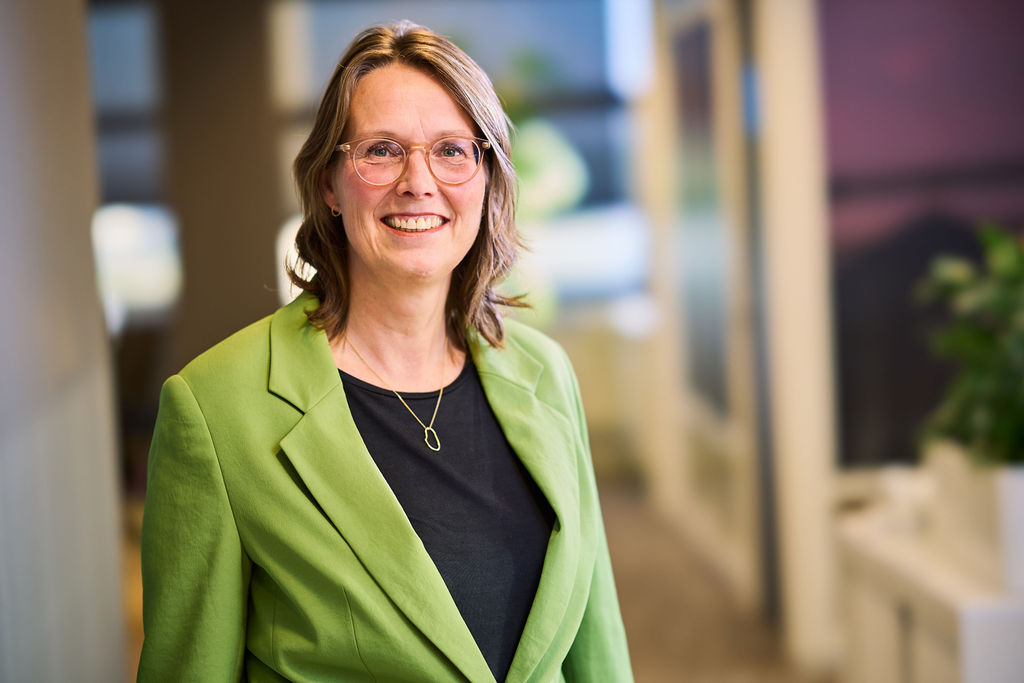For this piece, I’m speaking with one of GMP+ International’s longest serving colleagues. Dik Wolters, our Scheme & Customer Service Advisor, has been working with GMP+ since almost the very beginning and will be retiring next month.
In recognising his career, I wanted to find out about how the industry has changed, the difference GMP+ has made, and what lessons from the last 30 years can help us approach the challenges of today.
How have things changed over the past 30 years?
Dik: We started as a small scheme in the Netherlands, with just a few companies delivering feed to farmers. At that time, we had several incidents that affected people’s food, and it was necessary to do something as feed industry. We started with a code of practice that, over the years, evolved into a mature safety certification scheme. For example, we incorporated HACCP and also suppliers and service providers of the feed companies needed to assure the safety of the products and services, they delivered – a chain approach. More and more participants from all kinds of regions, origins, activities, stakeholders, and we now have 20,000 companies all over the world.
Now, companies know how to assure the safety of their feed. They have gained a lot of knowledge, and give feed safety the attention it deserves. In the first decade, it was not always easy, because we still saw contaminations while we were trying to regain trust from the government and the wider industry. But now, after 30 years, the companies have matured, and while the risk of contamination is still there, companies now have the tools to solve this quickly. Companies are alert, and telling you this I feel quite proud as we as GMP+ International supported them in reaching this level.
There must have been some resistance to working together in the early days. What changed their minds?
Dik: We did hear from companies ‘oh it is not possible’, ‘it’s difficult’, ‘we don’t know’, but there was pressure from the start from the government. After so many scandals they gave us one chance to fix the situation as the feed industry, or they would legislate.
The approach we had was doing it together with the industry. We didn’t sit in our office and define the rules ourselves; we sat with companies. And we still do this today, to understand if rules and requirements in our standards are practical, achievable, and auditable. So, we always consult with the companies, the Certification Bodies, the expert panels. That convinced people who were reluctant, they saw that it was not that bad and difficult. Yes, they understood they had to do something, but by involving them they saw it’s achievable to comply with these rules. At a certain moment they saw that it worked, that we’d gained trust with the government, the industry, retailers, etc.
What helped with transitioning from a national to an international scheme?
Dik: If more countries are participating, you deal with other cultures, other legislation, and different industry structures. It means you cannot just copy standards and rules which are applicable in one country and expect them to be applicable in another country, too. I think we made a major step in solving this 'problem’; with our 2020 scheme which we made goal oriented. Instead of describing the road we describe the destination. It gives feed companies freedom, but also responsibility to make decisions about how they will meet those outcomes. No single global scheme could ever make a tick-box process that works in every setting.
What lessons from the past do you think can help us tackle today’s challenges?
Dik: The biggest challenge today is climate change and sustainability, alongside supply chain disruption from political or regional instability. In the past, the industry had a common ‘enemy’ – to control safety. Everyone put aside their competing issues and agreed that, while we can compete on price or nutritional value, we will have the same standard for feed safety.
Today, society is asking the industry ‘hey we know the feed is safe, but is it also produced sustainably?’ I think some companies are not seeing the urgency, or at least are less willing to work together on it. But why not approach this like we did in the past? Why wait for government to legislate? Why not work together? We see, especially big companies, each of them doing more or less the same thing but by themselves.
GMP+ International was created out of incidents and crises. Why wait for another incident, but this time on sustainability? Let’s not compete, but do it together. We’ve shown that we can do that. GMP+ International is ready to support the feed industry to take this next step.
What are your hopes for the future of the feed community?
Dik: I would say, don’t wait for others to decide for you; make the choice now, and do it in partnership. I want companies to be ambitious. We should not sit back after 30 years, you have to be alert and think about the challenges for your company and the whole industry. For the challenges facing the whole industry, tackle them together. GMP+ International is equipped and capable of helping companies create these certification schemes which give trust to the market. We can do that together.
Thank you Dik
As Dik’s insight clearly shows, we have made extraordinary progress when the industry works together. Collaboration is truly the answer to address the industry’s shared challenges.
I am so grateful to Dik for his years of service, and everyone who has contributed to the incredible progress we have seen. We have a lot to celebrate and be proud of, and our experience is proof that so long as we do it together, there is no challenge we cannot tackle.

